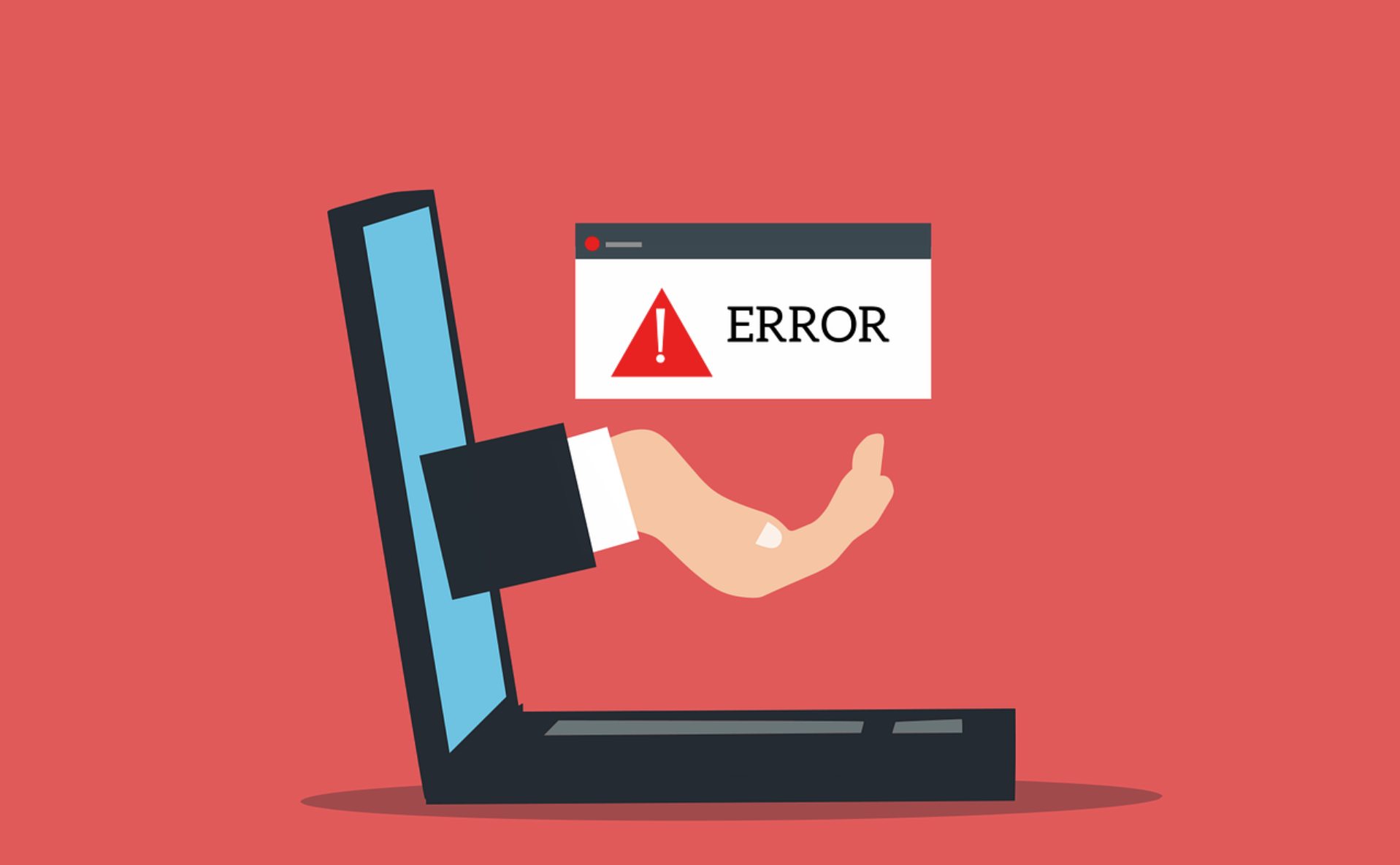Google launches scathing attack on Microsoft
4 min. read
Published on
Read our disclosure page to find out how can you help MSPoweruser sustain the editorial team Read more

Microsoft last month announced that it will work with Europe’s press publishers on a solution to ensure that press publishers get paid for the use of their content by gatekeepers like Facebook and Google who have dominant market power. Google is clearly not happy about Microsoft’s actions. Today, Google published a long blog post criticizing Microsoft. Google even accused Microsoft that it is willing to break the way the open web works.
Attacking Microsoft’s policies around online news is okay. But Google went too far with this blog post. Highlighting a software vulnerability (SolarWinds attack) to attack a company is not an acceptable ethical practice.
You can read the full blog post by Google below.
Google has always been committed to providing high-quality and relevant information, and to supporting the news publishers who help create it. We are one of the world’s leading financial supporters of journalism. We’ve shared billions of dollars in revenue with news publishers via our ad network, helped news organizations develop new business models and revenue streams, and committed $1 billion over the next three years to license news content through Google News Showcase.
We welcome the discussion of ways to create a better economic future for quality journalism, especially as the news media business model has been facing increased challenges for many years. But proposals that would disrupt access to the open web (such as requiring payment for just showing links to websites) would hurt consumers, small businesses, and publishers. That’s why we’ve engaged constructively with publishers around the world on better solutions and will continue to do so.
We also believe that this important debate should be about the substance of the issue, and not derailed by naked corporate opportunism … which brings us to Microsoft’s sudden interest in this discussion. We respect Microsoft’s success and we compete hard with them in cloud computing, search, productivity apps, video conferencing, email and many other areas. Unfortunately, as competition in these areas intensifies, they are reverting to their familiar playbook of attacking rivals and lobbying for regulations that benefit their own interests. They are now making self-serving claims and are even willing to break the way the open web works in an effort to undercut a rival. And their claims about our business and how we work with news publishers are just plain wrong.
This latest attack marks a return to Microsoft’s longtime practices. And it’s no coincidence that Microsoft’s newfound interest in attacking us comes on the heels of the SolarWinds attack and at a moment when they’ve allowed tens of thousands of their customers — including government agencies in the U.S., NATO allies, banks, nonprofits, telecommunications providers, public utilities, police, fire and rescue units, hospitals and, presumably, news organizations — to be actively hacked via major Microsoft vulnerabilities. Microsoft was warned about the vulnerabilities in their system, knew they were being exploited, and are now doing damage control while their customers scramble to pick up the pieces from what has been dubbed the Great Email Robbery. So maybe it’s not surprising to see them dusting off the old diversionary Scroogled playbook.
Microsoft is the second-largest company in the U.S. by market capitalization and the owner of LinkedIn, MSN, Microsoft News and Bing, all of which are places where news is regularly consumed and shared. But their track record is spotty: They have paid out a much smaller amount to the news industry than we have. And given the chance to support or fund their own journalists, Microsoft replaced them with AI bots.
Microsoft’s attempts at distraction aside, we’ll continue to collaborate with news organizations and policymakers around the world to enable a strong future for journalism. We’re doing a lot to support journalism, and will do much more. We look forward to continuing to engage with regulators and news publishers to ensure a thriving and healthy publishing industry.
Source: Google








User forum
0 messages